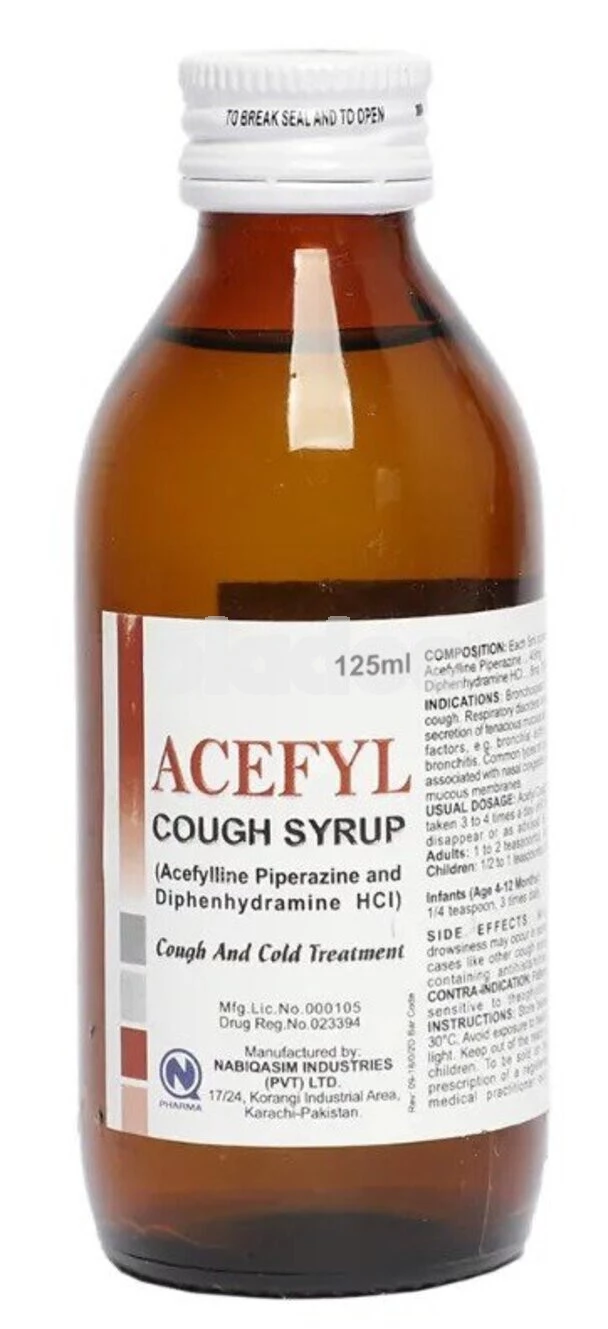Over 50 of the body’s essential hormones, like adrenaline, estrogen, testosterone, and cortisol, are produced and regulated by the two cone-shaped adrenal glands sitting atop each kidney. However, overexertion, stress, or in some cases, underlying medical conditions such as leaky gut, nutrient deficiencies and toxic accumulation can prompt the continuous manufacture of the stress hormone ‘cortisol’, resulting in eventual adrenal breakdown and constant full-body lethargy, termed medically as, ‘Adrenal Fatigue’.
Table of Contents
The Stages
As cortisol levels are highest at midday and gradually reduce until nighttime, adrenal fatigue progresses in 3 distinct stages according to cortisol imbalance and adrenal strength:
- Tired and Energized: High cortisol levels at night, resulting in an ‘edgy’ energized behavior, insomnia, abdominal weight gain, and insulin resistance; followed by daytime tiredness.
- Tired and Stressed: Maximum cortisol early in the day, resulting in early morning energy, a second peak at midday or in the early evening, and lethargic periods in between.
- Total Burnout: Low cortisol levels and minimal adrenal function, resulting in day-long lethargy regardless of hours slept, along with sexual dysfunction.
Treatment
Unlike most conditions, adrenal fatigue can be eliminated through the implementation of certain lifestyle, dietary, and perceptive changes, with the recovery period being a minimum of 6 months (stage 1), and a maximum of 12-24 months (stage 2 and 3).
1- Get Tested
Make sure to get the Adrenal Stress Index Test, aka Saliva Test for an accurate stage determination and diagnosis of other causative conditions, if any, in order to appropriately treat these conditions for effective adrenal recovery.
2- Eat Smart
Eliminate allergy-inducing foods, such as dairy for lactose-intolerant individuals, and incorporate daily amounts of ‘healthy fats’ found in natural coconut products like milk, oil, and butter, olives and olive oil, and ghee for blood glucose stabilization, adrenal stress reduction, and DHEA (an essential steroid hormone) production; along with herbs such as ginger, turmeric and oregano, low-glycemic fruits like lemons, limes, and berries, and plentiful amounts of healthy carbohydrates via whole grains, nuts, and legumes for additional stress reduction.
Your diet should be a balanced one which includes vegetables, protein-rich foods, and whole grains. Eat one portion of protein-containing beef or poultry, drink bone broth regularly and use pink salts to reduce inflammation, boost the immune system and increase mineral content.
3- Sleep Early
Considering that cortisol levels usually peak late at night for most people, and that the body does most of its healing during sleep, avoid sleep loss and disruptions, and subsequent daytime tiredness by sleeping daily by 11 pm at the latest.
4- Nutrients Galore
While vitamins B5, B6, and B12 found in egg yolks, sunflower seeds, pistachios, salmon, and tuna promote energy production, selenium, magnesium and zinc found in pumpkin seeds and leafy green vegetables, among others, control blood sugar by improving glucose signaling, and also improve overall adrenal function
5- Hydrate
To avoid excess cortisol production via dehydration, drink water equivalent to half of your body weight on a daily basis, with the general quantities being 2-3 cups in the morning, and 1 cup every 2-3 hours throughout the day.
6- Stretch
Light stretching, yoga and deep breathing techniques (6 breaths instead of 12-32 breaths per minute) for at least 15 minutes a day help counter adrenaline stress by stimulating positive endorphin hormone production. Moreover, instead of high-intensity exercises like weight-training and cardio, opt for light exercises like walking or cycling, and incorporate 2-3 20-minute rest breaks-not naps-into your daily schedule.
7- Be Positive
Since adrenal recovery is as much a mental process as a physical one, mentally visualize yourself as a strong, healthy, individual, 2-3 times a day, socialize, laugh, and schedule daily personal time for relaxing and enjoyable activities like reading, or watching movies; while making sure to avoid stress factors such as horror movies and loud music.
8- Be One With Nature
Walking barefoot on the grass or sand minimizes the effects of Electromagnetic Frequencies (EMFs) emitted constantly from electronic devices, appliances, and power lines, among others, and improves bodily stress and neurotransmitter function. Moreover, vitamin D and biophotons obtained from direct sunlight exposure also help accelerate adrenal function and repair.
9- Decaffeinate
Caffeine not only stimulates further cortisol production, but continuous and excess consumption can also accelerate complete burnout by gradually reducing the adrenal glands’ ability to respond to the stimulants present in caffeine.
Emergency Signals
Consult your Endocrinologist if the above-mentioned suggestions do not produce significant results, or the condition interferes with your daily life, or if you:
- Sleep less than before
- Stop Menstruating (for women)
- Experience chronic adrenal fatigue symptoms
- Observe patches of darker skin on your body (hyperpigmentation)
- Experience unexplained and consecutive dizziness or overall weakness
Adrenal fatigue is a serious problem as it can indicate other risk factors. Consult with your doctor if you suspect adrenal fatigue as soon as possible. You can also book an appointment with a top Endocrinologist in Lahore, Karachi and Islamabad through oladoc.com, or call our helpline at 042-3890-0939 for assistance to find the RIGHT Doctor for your adrenal concerns.










